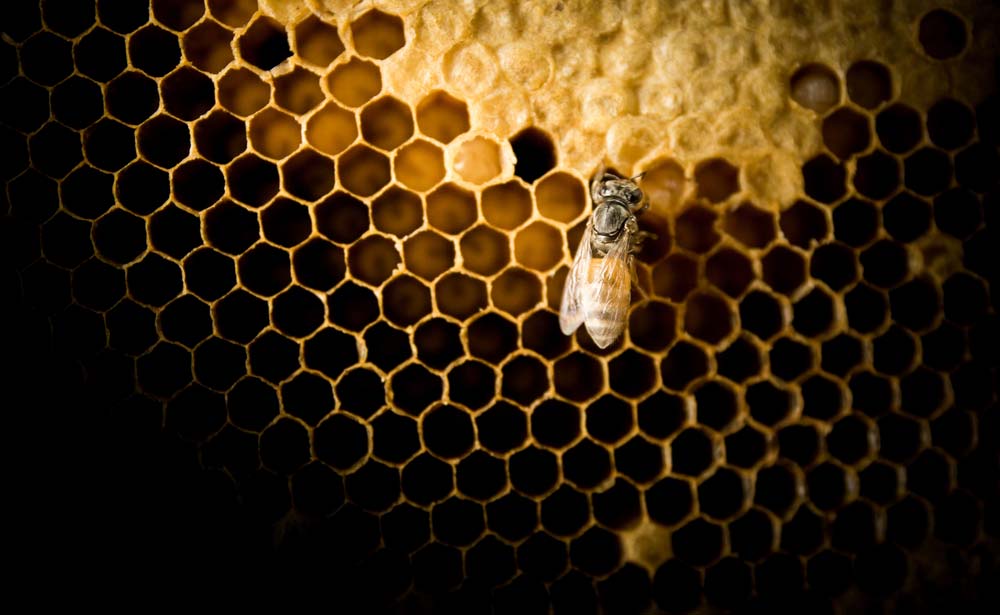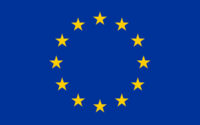The oLife Fellowship Programme is a joint initiative by seven world-leading research institutes of three universities in The Netherlands. Supported by funding from the Horizon 2020 Framework Programme of the European Union, we have recruited 18 post-doctoral fellows for interdisciplinary research on fundamental questions concerning the origin and evolution of life, and its distribution in the universe. These are fundamental questions for humanity. The fellows in the oLife Fellowship Programme are given the opportunity to work on their own interdisciplinary research project with advisors and research institutes of their own choice.
Interdisciplinary research programme on the origin and evolution of life
The origin and nature of life, and its distribution in the universe, are fundamental questions for humanity. Key questions revolve for instance around the formation of biomolecules, the emergence of life on planetary surfaces, the evolution of cellular functions, extra-terrestrial life and how life will cope with human-induced challenges. To successfully address these challenging research questions, collaboration is needed between multiple disciplines: (bio)chemistry, (bio)physics, molecular biology, computational science, systems biology, evolutionary biology, ecology, astrophysics and geoscience. Within the oLife Fellowship Programme, 18 postdocs collectively conducted interdisciplinary research with the aim to break new grounds in four Scientific Research Areas:
- I. Planetary preconditions and boundary conditions of Life, and its origins here on Earth
- II. Defining properties and synthesis of Life, from the molecular to the biosphere level
- III. Modelling, predicting and steering of Life
- IV. Distribution of Life across the universe
Read more about the rationale of oLife’s research programme.
Joint training programme
Next to their interdisciplinary research projects, the fellows have followed a joint research and training programme, consisting of scientific lectures, academic and professional skills training, career guidance, and teaching and supervision of students. In addition, they have had the opportunity to go on secondments with leading industrial, academic and non-profit partner organisations of the oLife Fellowship Programme. The aim was to equip and prepare the fellows for their further career, both within and outside academia.
Opportunity to work with prominent scientists
The fellows were free to choose from a pool of 19 advisors and to propose their research topics. This gave the opportunity to work directly with top-level academics who have won prestigious prizes and grants, such as the Nobel Prize, ERC Advanced Grant and NWO TOP grant.
Embedding in the Dutch National Science Agenda
The oLife Fellowship Programme is not only funded by the European Union, but also by the participating universities and/or research institutes. In addition, the programme collaborates closely with the Dutch national Origins Center, which is funded through the Dutch National Science Agenda.
Finalization of the Project
On 31 March 2024 the project came to an end. On 3 October 2024 the Final Report of the project was approved by the European Research Executive Agency (REA).
The 18 fellows in the project found other opportunities to continue their careers. On the page of the Fellows more information can be found.
Beside the overview of the publications on this website, all open access publications related to the project can be found at https://research.rug.nl/en/projects/olife-fellowship-programme.





